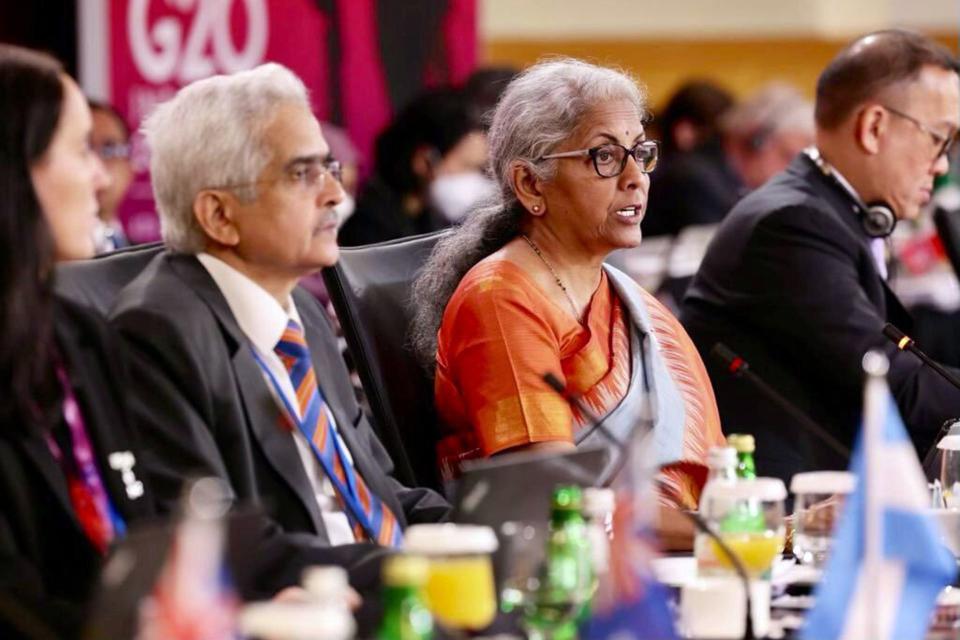India's Crypto Businesses Handed Anti-Money Laundering Obligations for First Time

Join the most important conversation in crypto and web3! Secure your seat today
India has added crypto to anti-money laundering rules, making crypto exchanges, non-fungible token (NFT) marketplaces and custody service wallet providers legally responsible for monitoring suspicious financial activities.
The businesses will have to register with the Financial Intelligence Unit (FIU) and comply with other mandatory processes under the Prevention of Money Laundering Act (PMLA), the Ministry of Finance said Tuesday.
While India doesn't have a regulatory body dedicated to crypto, the move hands the FIU a significant role in overseeing crypto in the country. Until now, crypto businesses were not legally obligated to perform verification processes such as Know Your Customer (KYC). This has been written into the law and thus becomes mandatory.
They will also have to report suspicious activities to the FIU voluntarily and must designate a Money Laundering Reporting Officer (MLRO) to ensure compliance with the act.
"Crypto businesses would be required to have a customer due diligence and record management program in place and now they will have to mandatorily maintain transaction records related to crypto business,” said Shashi Jha, a partner at Jigsaw Law. “Earlier there was no avenue to submit suspicious transaction reports for these businesses. Now they can submit details of any suspicious activity to FIU-IND.”
As this year’s president of the Group of 20 industrialized nations, India has maintained that no regulatory framework is possible without global coordination. It recently steered the G-20 toward waiting for a global regulatory framework in the form of a synthesis paper jointly framed by the Financial Stability Board and the International Monetary Fund, expected by September or October.
"Looks like VDA [virtual digital asset] services providers are now effectively categorized as 'reporting entities' under the PMLA," said Sumit Gupta, co-founder and CEO of crypto exchange CoinDCX. "We have been voluntarily conducting these compliances for a while now, but happy to see that this has now been made into law."
The Bharat Web3 Association had asked for the industry to be brought into the PMLA, Gupta said.
Indian authorities have already investigated several crypto exchanges as part of larger financial investigations under the PMLA.
Read More: India Has Clamped Down on Crypto. What Will It Do With Its G-20 Power?
UPDATE (March 8, 12:25 UTC): Adds quotes in fifth, seventh paragraphs, G-20 in sixth.

 Yahoo Finance
Yahoo Finance 